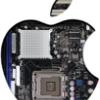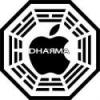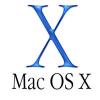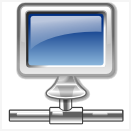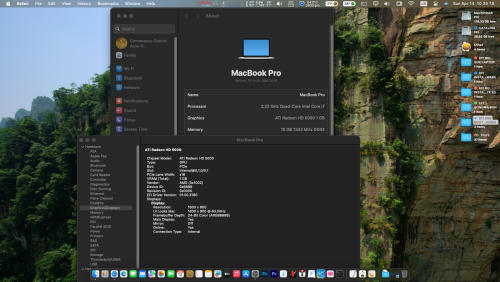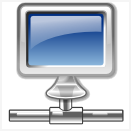
Apple clearly felt that GMA900 was good enough to run Quartz Extreme. Will the effects of Glass be so much greater that they will require that much more graphics processing power?
And what about all of those who bought Intel 915 chipsets in order to run OSx86 natively? Could the mandatory return of the DevKits be linked in any way to the discontinuance of this chipset?
- Read more...
- 38 comments
- 20,787 views

